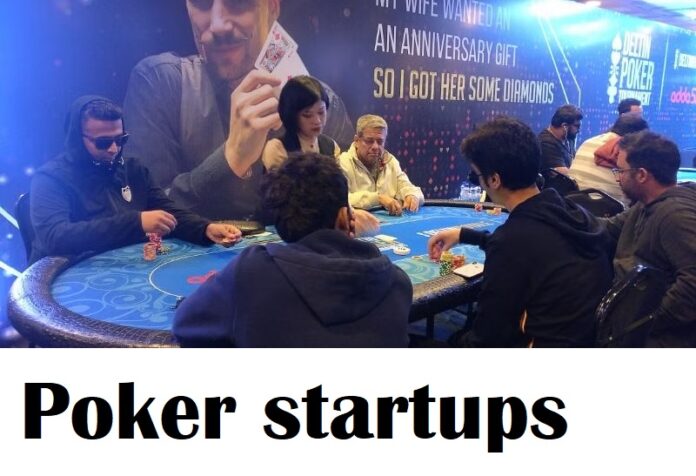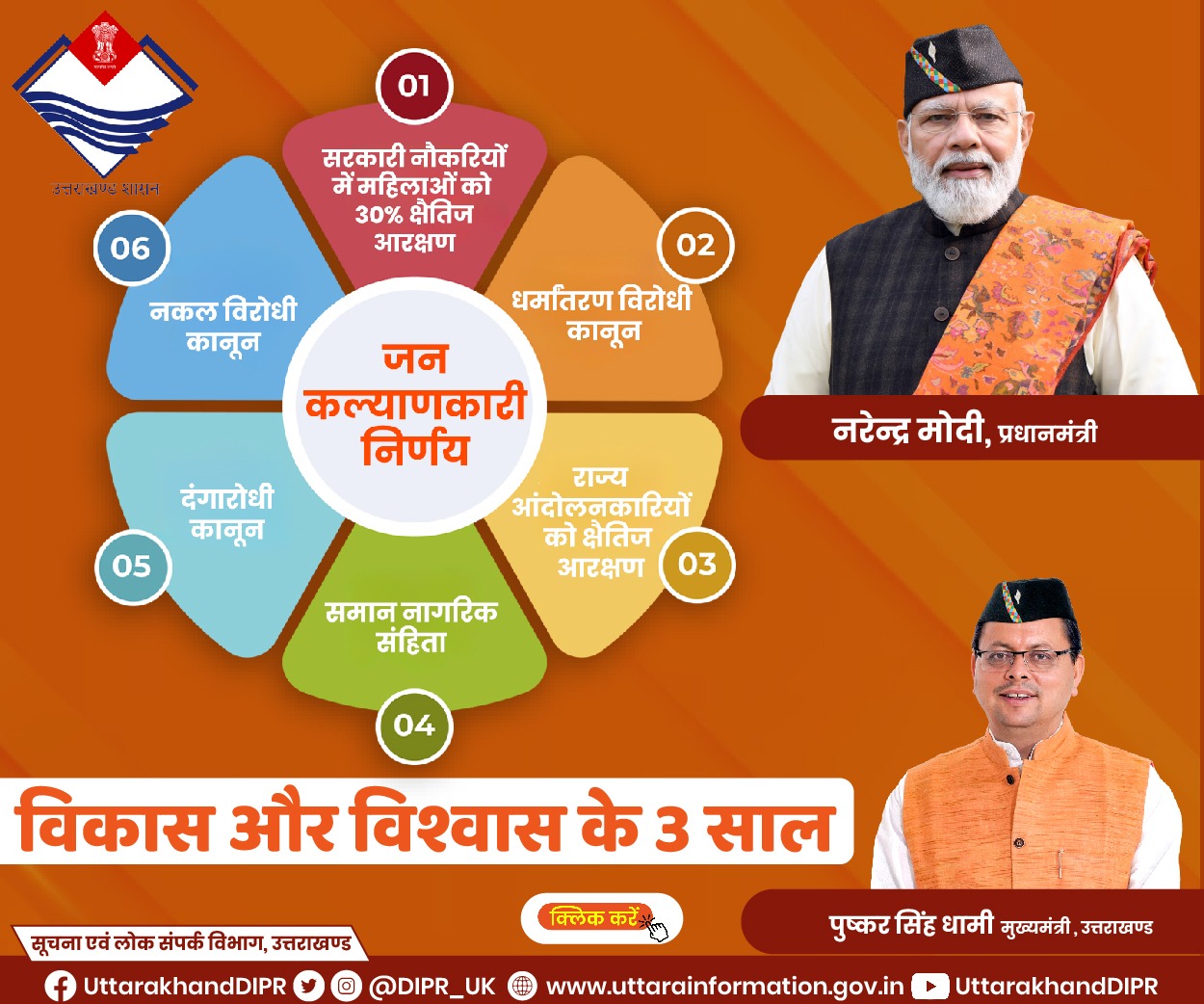When the fifth season of Poker Sports League began on JioCinema in July of this year, it was a watershed moment for the game in India. Poker has evolved from being played in college hostels, casinos, or at home on Diwali to a more organised internet economy analogous to other esports.
The league, which is the intellectual property of Mind Sports League Pvt Ltd, provides a platform for both professional and novice poker players from throughout the country to compete in a team-based structure for a big pool reward.
While the gambling industry and the government dispute whether poker is a skill-based or chance-based game, the Indian poker scene continues to grow. According to Custom Market Insights, its compound annual growth rate (CAGR) is forecast to be around 16.9% and it is expected to reach $346 million by 2030.
A slew of online poker platforms have sprung up throughout the years, vying for the attention of players of all skill levels. According to Tracxn data, there are currently 28 firms in India dedicated to hosting poker games. PokerBaazi is the largest such platform.
“At PokerBaazi, we saw an 80% YoY increase in revenue in the last fiscal year compared to the previous one, and we have achieved a CAGR of more than 70% over the last three years.” “Our user base has grown to over 3.5 million users,” says Varun Ganjoo, Co-founder and Chief Marketing Officer of PokerBaazi.
However, the GST Council’s recent decision to levy a 28% GST on bets, particularly in the sphere of online gambling, has put this economic momentum in jeopardy.
While larger firms may be able to bear the impact, the updated tax regime may be too high a hurdle for fresh entrants, according to Pranav Bagai, Founder and CEO of Poker Sports League.
“The only ones who can survive are other large corporations that have a lot of money in the bank and can gradually adapt, change their strategies, and survive,” he argues.
Poker startups have a lot to lose given how swiftly they grew.
The domino effect
The transition from playing poker offline or on websites to playing poker on apps was a watershed moment for the industry in India, providing players with simple access. According to Fantasy Sports King, there were approximately three million active poker gamers in the country in February 2020 alone.
Several people picked up the game in droves during the epidemic because they had a lot of free time.
Kanchan Sharma, 29, never imagined herself playing poker. Things were going swimmingly for her as a programmer at a huge multinational corporation until she played her first poker game in 2018.
“I lost a lot of money in that game,” she recalls, “but I remember feeling addicted to it.” Sharma quit her full-time job a year later to play poker professionally. She’s seen it all in the last four years, from the adrenaline rush of winning a game in the final few rounds to losing practically all of her money all at once. She is adamant, though, that the game does not always come down to chance.
While the popularity of online poker has declined significantly, it continues to play an important role in teaching the game to newcomers. According to Mohit Kalra, a prolific seller of poker chipsets around the country, events are making a strong comeback.
“We used to see people ordering just one table at all of these Diwali parties…now they order several tables.” “I feel like there’s been a rush to try to play poker, especially during this time of year,” he says, adding that many people organize poker evenings for their weddings.
According to a FICCI-EY estimate, the real-money gaming segment would account for 77% of India’s gaming sector earnings in 2022, totaling Rs 13,500 crore.
According to a survey conducted by the eSports Players Welfare Association, the success of online gaming has cascaded into other parts of the industry. Professional gaming, coaching, content development, streaming, and game design are all seeing an increase in demand.
Poker fever
While poker has a loyal fanbase, it does not have the same level of viewership as chess or battle royale games.
“We quickly realized that only a small number of people can actually watch poker or know the game well enough to sit and watch a full stream,” explains Bagai. “We looked at how we could make this format more athletic.” So we created pre-shows, one of which is about the player.”
The Poker Sports League team created AR/VR images for poker fans to become acquainted with the players.
Aside from its online offerings, PokerBaazi has started its own offline poker tournament, the Baazi Poker Tour, the most recent edition of which drew approximately 1,000 players.
Regulation is the elephant in the room.
Five Indian states have explicitly prohibited such games: Tamil Nadu, Andhra Pradesh, Odisha, Gujarat, and Arunachal Pradesh. While certain territories, such as Delhi, Madhya Pradesh, and Uttar Pradesh, have amended the Public Gaming Act, others, such as Goa, Sikkim, Daman, Meghalaya, and Nagaland, have written unique laws to control public gaming in their respective jurisdictions.
This not only makes access to poker games more difficult, but it also makes it harder for players to obtain the necessary resources, such as coaches, teams, or tournaments, to advance their careers.
If a player is taken advantage of on an offshore platform, there is minimal remedy.
“Unfortunately, if a person plays on an offshore site, it may be difficult for them to assert their legal rights… “There is some skepticism about onshore as well,” adds Shivani Jha, Director of the Esports Players Welfare Association (EPWA).
“At the moment, it can be difficult to determine where and which format of the game is legal,” she observes.
An EPWA research titled ‘Understanding the Profiles and Perspectives of Online Skill-based Gamers’ discovered that in India, online gamers are frequently lumped in with gamblers, making it difficult to earn a living.
“Since it’s a card game, I don’t think many families are very supportive of poker players, even if they’re crushing it and doing very well for themselves,” Sharma adds.
According to the EPWA study, the stigma associated with real money games has discouraged most women from engaging, with the ratio disproportionately skewed towards men.
Poker, on the other hand, remains popular.
According to Ganjoo of PokerBaazi, the rise of online poker platforms has raised interest from both metropolitan areas and Tier II and III locations.
“Virtual poker will likely continue to grow in popularity due to its accessibility,” he says, “while offline poker will retain its allure for players seeking the thrill of face-to-face competition and camaraderie.”



